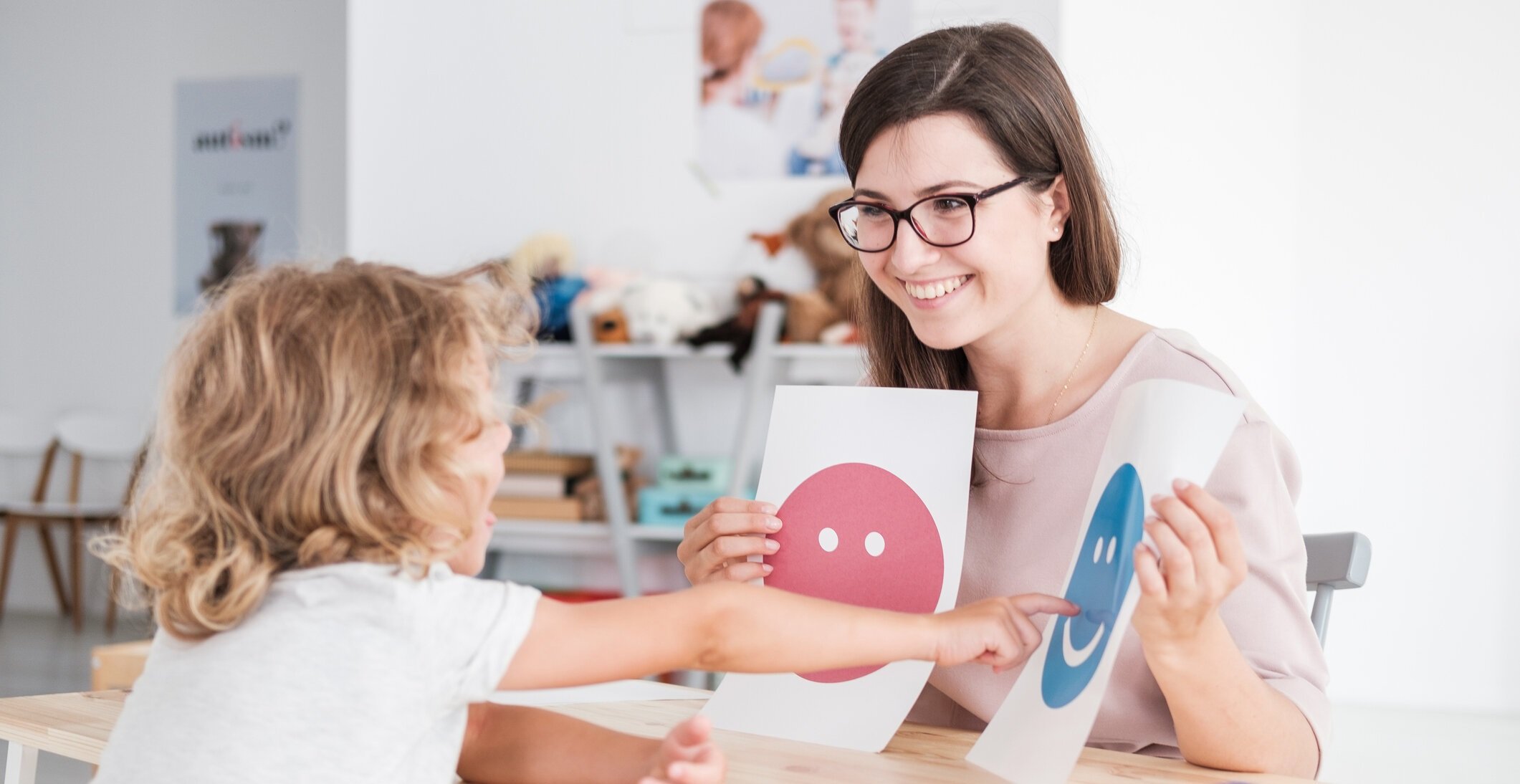
Child Development
The science of child development shows that the foundation for sound mental health is built early in life, as early experiences—which include children’s relationships with parents, caregivers, relatives, teachers, and peers—shape the architecture of the developing brain. Disruptions in this developmental process can impair a child’s capacities for learning and relating to others, with lifelong implications.
Early Intervention
Most potential mental health problems will not become mental health problems if we respond to them early. Early intervention is the process of anticipating, identifying and responding to concerns about a child’s development to minimize potential adverse effects and maximize healthy development.
Without early diagnosis and treatment, children with mental disorders can have problems at home, in school, and in forming friendships. This can also interfere with their healthy development, and these problems can continue into adulthood.
Children and teens experiencing emotional distress and behavioral issues require specialized care. Since they’re going through a constant state of development during this time, both mentally and physically, children need the kind of treatment that recognizes the complexity of their current state. Our programs focus on identifying immediate issues like depression, anxiety, disruptive behaviors and other disorders. We provide education for both patients and caregivers so they can learn ways to cope. The goal for all of our programs is to get kids back on track so they can begin to refocus on healthy relationships at school, at home and in their communities.
Prevention
As early experiences shape the architecture of the developing brain, they also lay the foundations of sound mental health. Disruptions to this developmental process can impair a child’s capacities for learning and relating to others — with lifelong implications. By improving children’s environments of relationships and experiences early in life, society can address many costly problems, including incarceration, homelessness, and the failure to complete high school.
Our Approach:
Customized Programs
Techniques are individualized to your child, you as a parent, and the needs of your family. This is based largely on the assessment that you complete.
Cognitive Behavioral Therapy
Cognitive Behavioral Therapy (CBT) involves educating people on the influences that thoughts have on feelings and behavior. The therapist might help you and your child understand how negative thinking creates problematic behavior. For example, a child that is not performing well in school may be experiencing low self-esteem when completing work. Through the therapy process, it’s discovered that the child is often thinking, “I’m not smart,” when given a task. The therapist helps the child understand the problem in thinking negatively and helps them change it. They may also include parents in this process to encourage them to point out these thoughts at home when they occur.
Mindfulness
Mindfulness is helping the person focus their awareness on the present moment, while calmly acknowledging and accepting one's feelings, thoughts, and bodily sensations. When working with kids, this may look like playing a game where you try to blow up a balloon as fast as you can so that they can become more aware of how their heart beats quickly when they’re out of breath. The counselor may also help them connect this awareness to understanding how this happens when the child feels sad or angry.
Parent Management Training
Parent Management Training (PMT) is geared toward helping parents understand how they can improve behavior challenges with their children. In short, the therapist will help the parents understand how their parenting strategies can be strengthened to increase more wanted behavior. Some of these strategies may include logical consequences, placing boundaries, and removing the problem. For example, the child that throws tantrums at dinnertime because they don’t like what the family is eating. The parent may be rewarding this behavior by giving a strong reaction that the child is interested in getting, or by giving in and letting the child have their favorite snack for dinner. The therapist will help the parent understand more helpful strategies, such as implementing consequences that are logical and time-bound to decrease the behavior.
Play Therapy
Play therapy differs from regular play in that the therapist helps children to address and resolve their own problems. Play therapy builds on the natural way that children learn about themselves and their relationships in the world around them (Axline, 1947; Carmichael, 2006; Landreth, 2002). Through play therapy, children learn to communicate with others, express feelings, modify behavior, develop problem-solving skills, and learn a variety of ways of relating to others. Play provides a safe psychological distance from their problems and allows expression of thoughts and feelings appropriate to their development.. Play is the child’s language and toys are the child’s words!